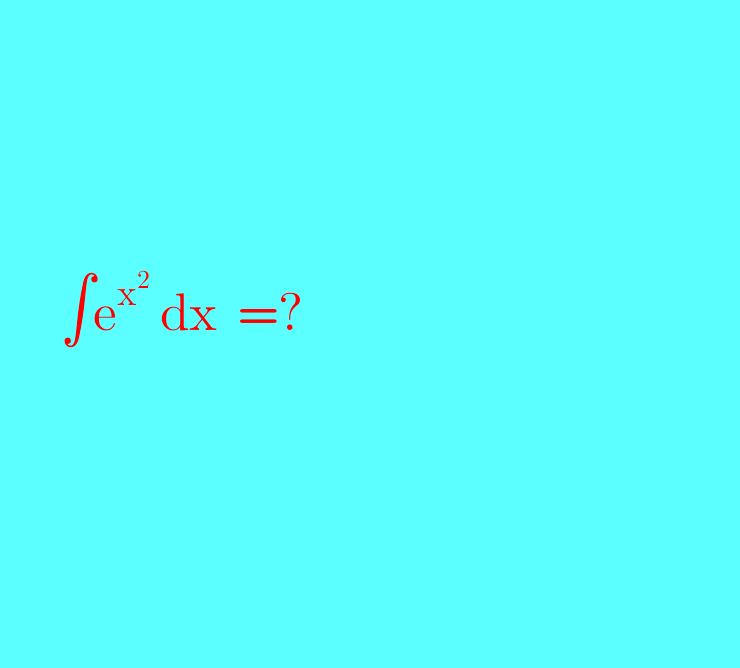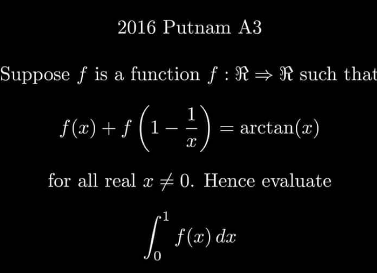
IntegrationQuestion and Answers: Page 154
Question Number 108429 Answers: 1 Comments: 0

Question Number 108401 Answers: 2 Comments: 2
Question Number 108391 Answers: 5 Comments: 0
Question Number 108384 Answers: 3 Comments: 0
Question Number 108382 Answers: 2 Comments: 1
Question Number 108325 Answers: 0 Comments: 1
Question Number 108306 Answers: 0 Comments: 0
Question Number 108305 Answers: 0 Comments: 0
Question Number 108303 Answers: 1 Comments: 0
Question Number 108285 Answers: 0 Comments: 0
Question Number 108283 Answers: 1 Comments: 0
Question Number 108282 Answers: 0 Comments: 0
Question Number 108175 Answers: 1 Comments: 3

Question Number 108169 Answers: 1 Comments: 0
Question Number 108144 Answers: 0 Comments: 0
Question Number 108099 Answers: 3 Comments: 1
Question Number 108095 Answers: 3 Comments: 0
Question Number 108076 Answers: 0 Comments: 0
Question Number 108073 Answers: 3 Comments: 0
Question Number 107965 Answers: 2 Comments: 0
Question Number 107877 Answers: 0 Comments: 0

Question Number 107859 Answers: 0 Comments: 0
Question Number 107858 Answers: 0 Comments: 1
Question Number 107855 Answers: 0 Comments: 1
Question Number 107790 Answers: 4 Comments: 5
Question Number 107756 Answers: 2 Comments: 0
Pg 149 Pg 150 Pg 151 Pg 152 Pg 153 Pg 154 Pg 155 Pg 156 Pg 157 Pg 158
